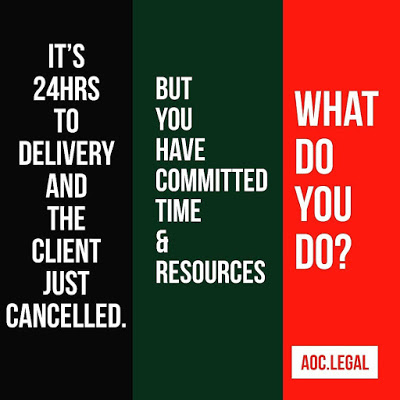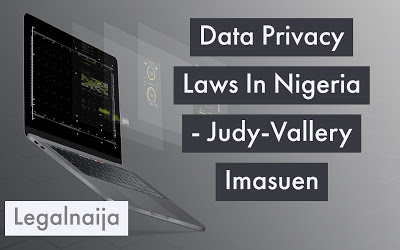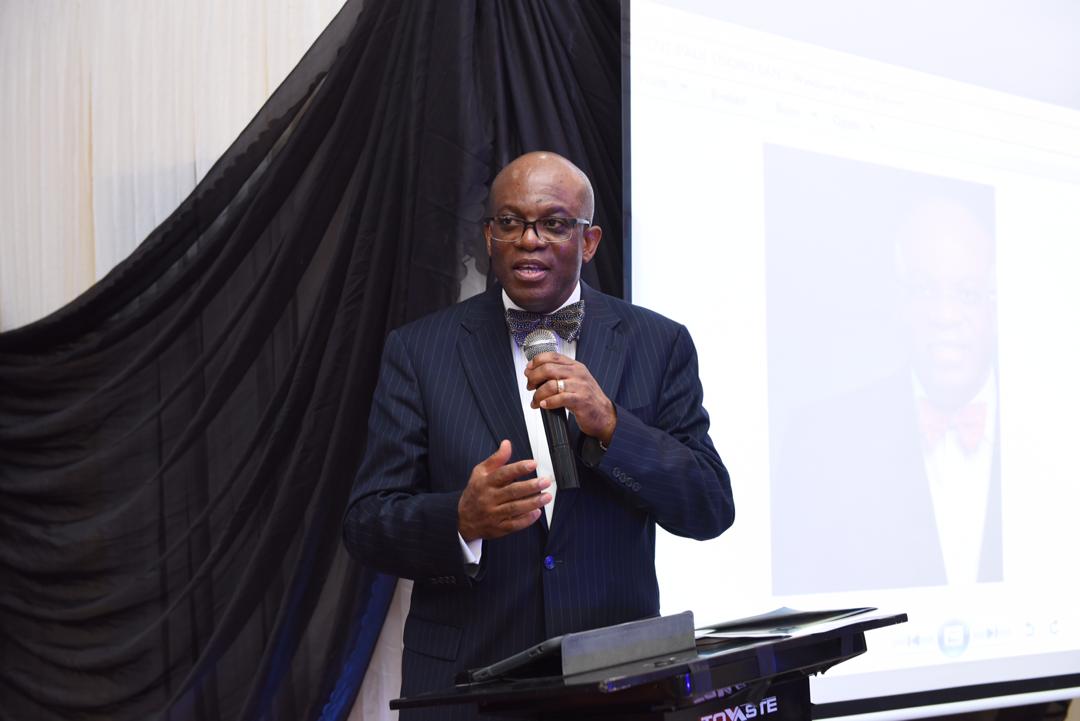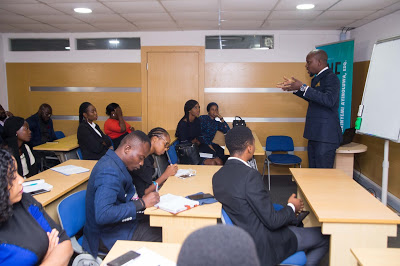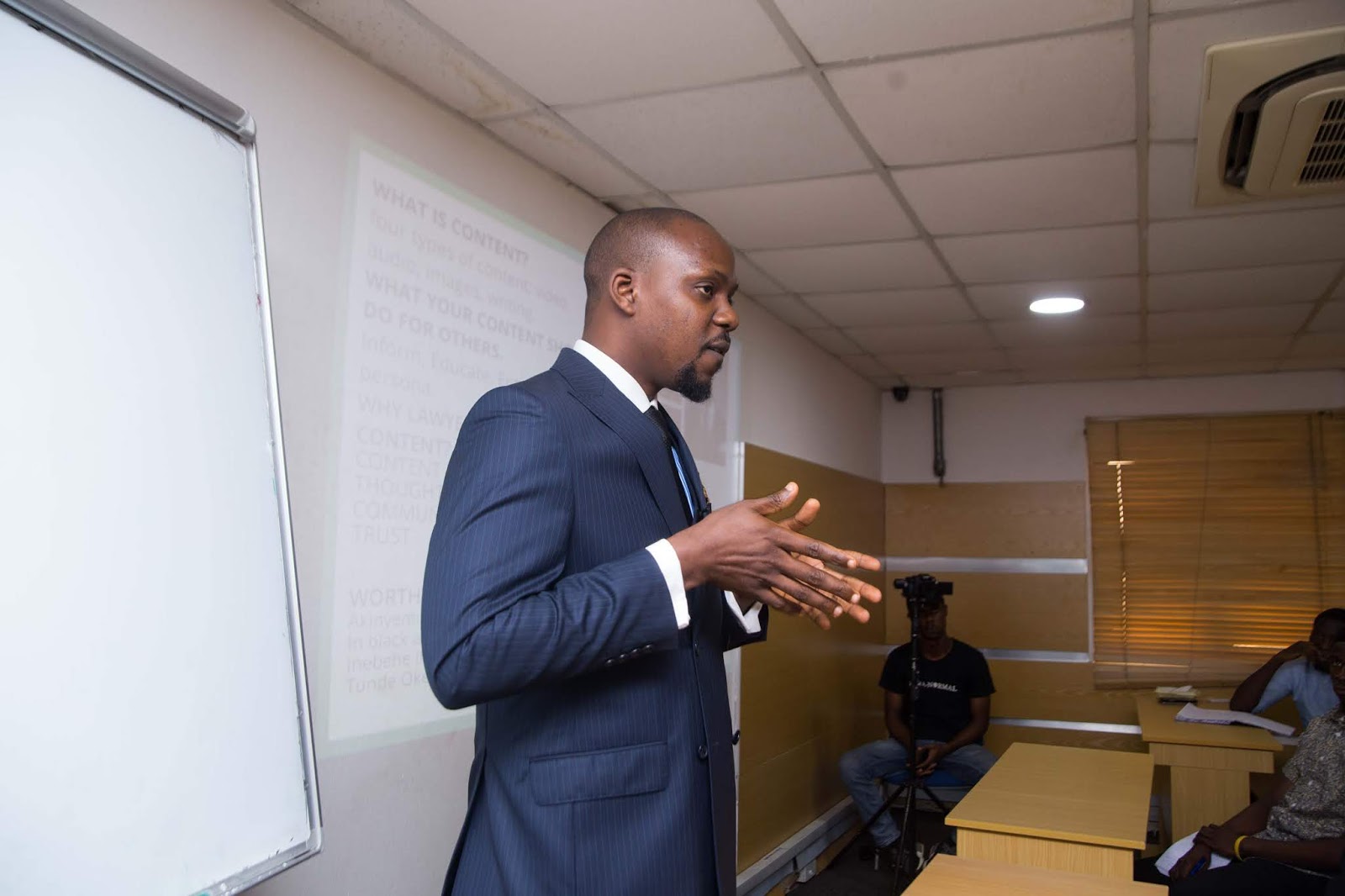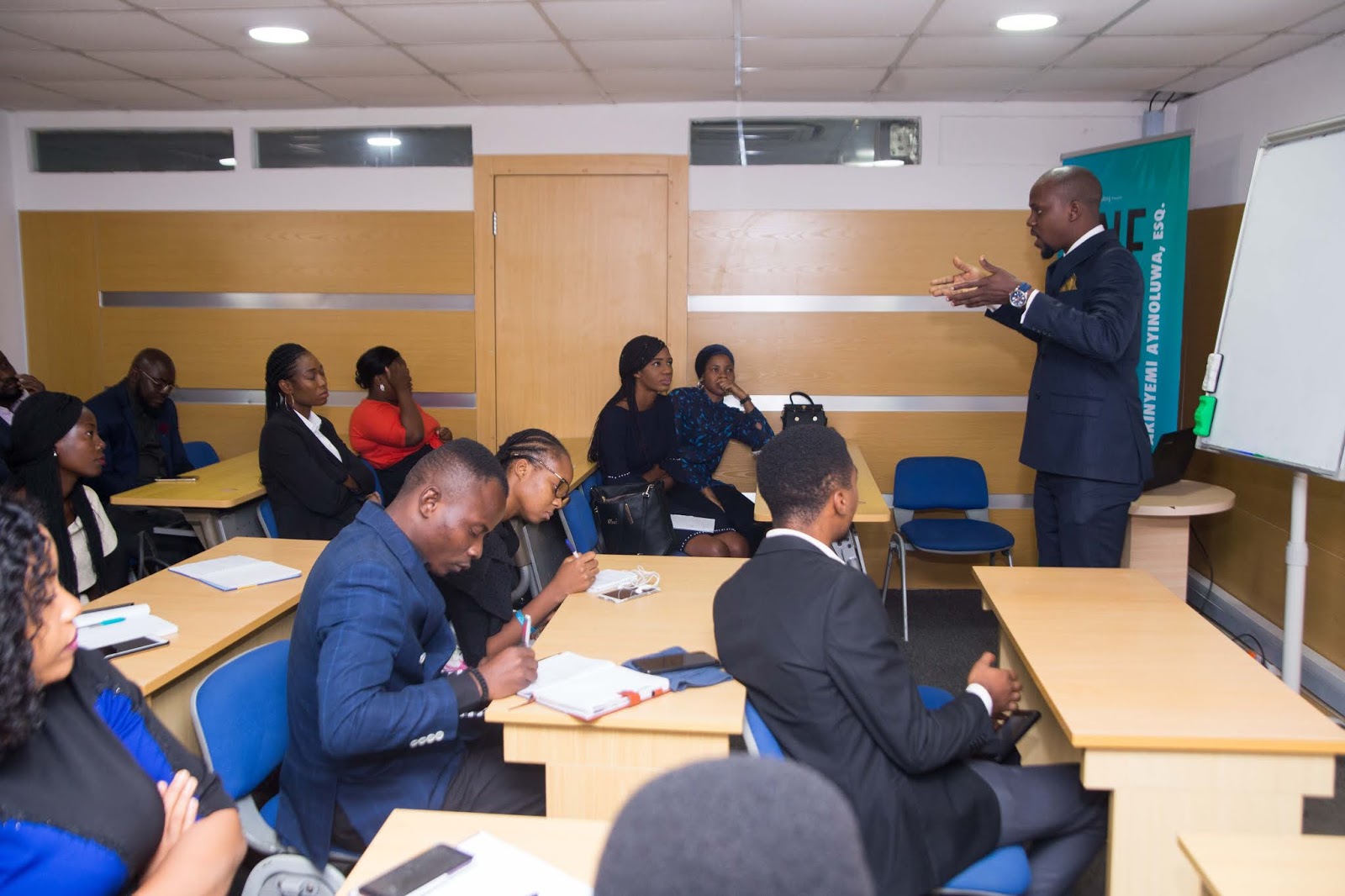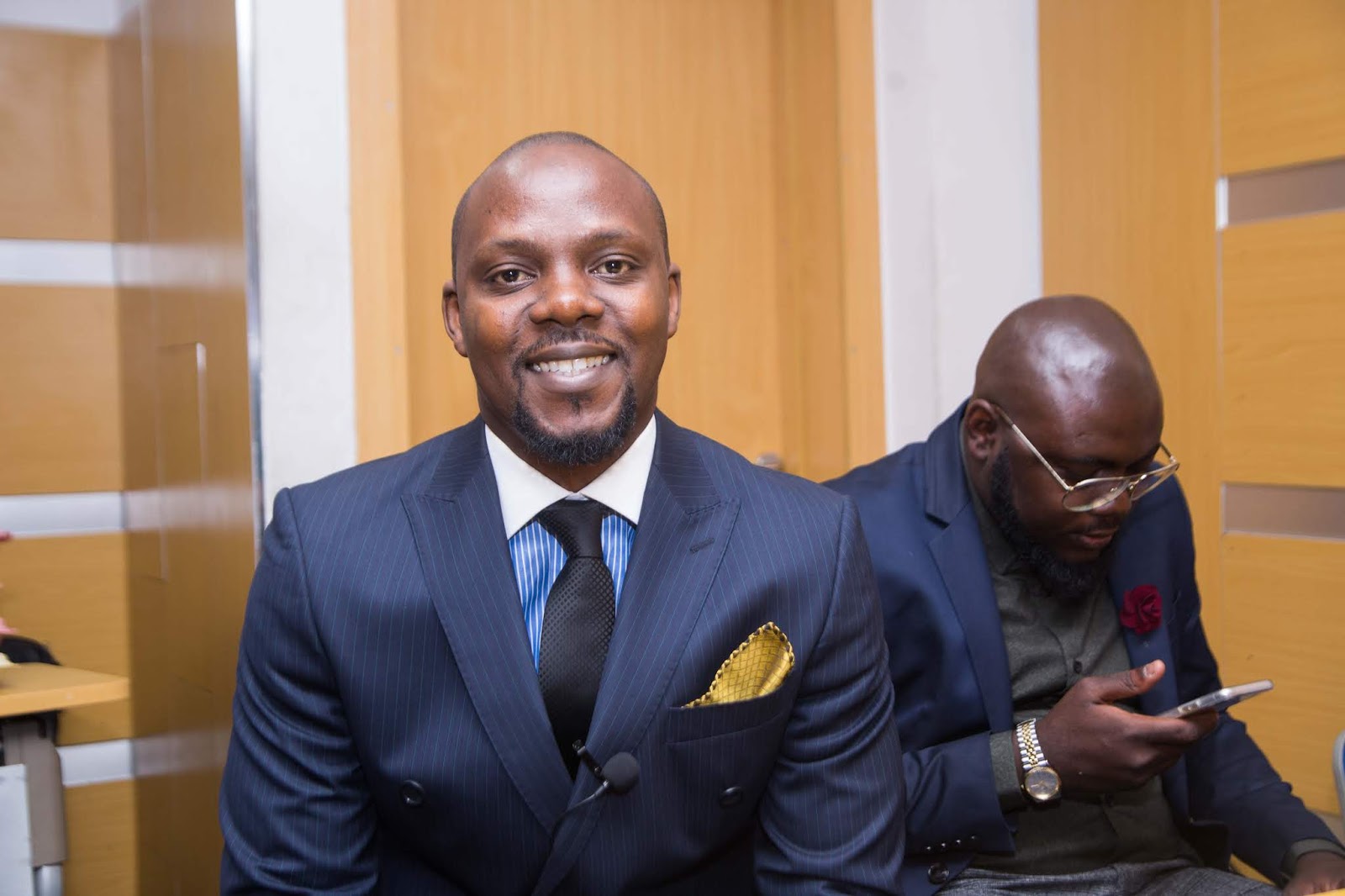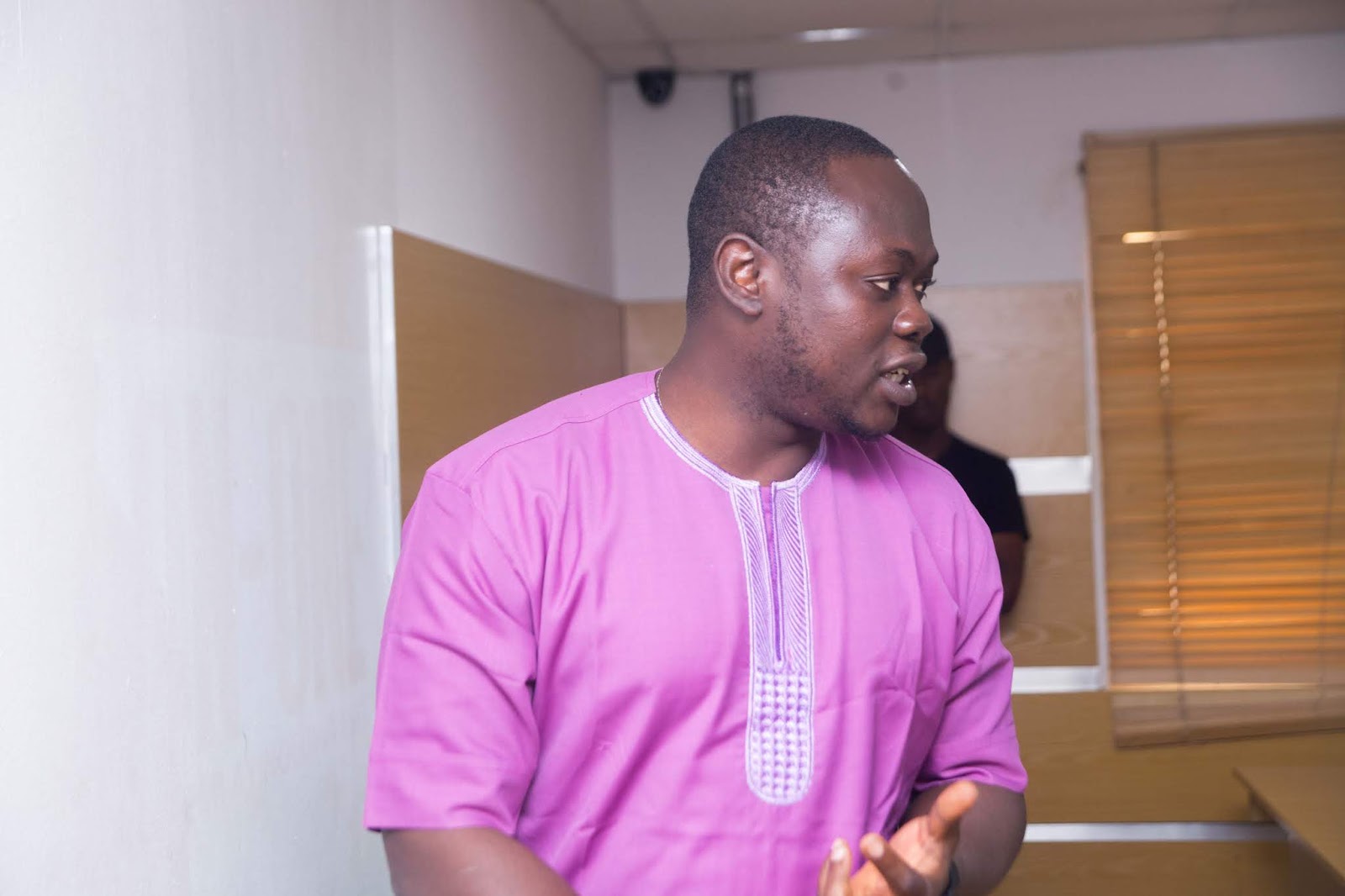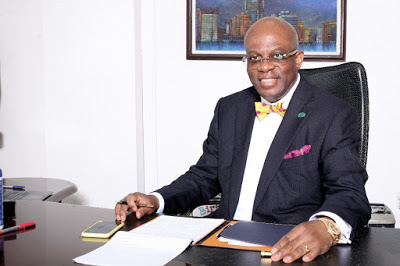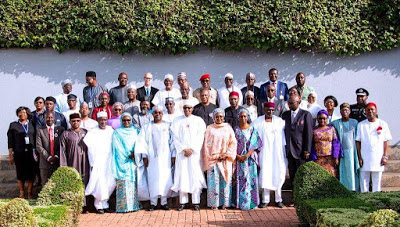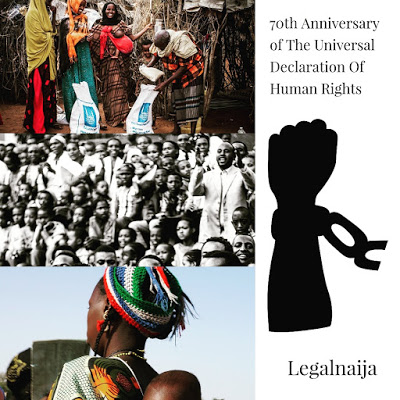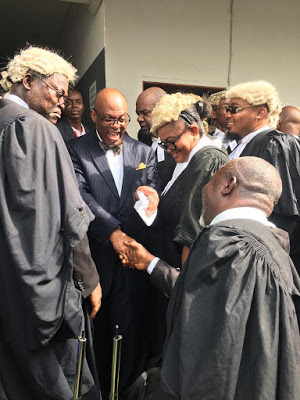Controversies and speculations have continued to trail the graft allegation charge against the President of the Nigerian Bar Association (NBA), Paul Usoro, by the Economic and Financial Crimes Commission (EFCC), making it arguably one of the most sensational news of the day.
The NBA President was arraigned for the said offence on the 10th of December, 2018 before Hon, Justice S.M. Hassan of the Federal High Court, Lagos. But the case was adjoined till the 18th of December, 2018, on account of the fact that the Defendant had not been served with the Charge Sheet as at the time of his appearance in court.
However, in wake of the uproar that the news of the EFCC investigation of Mr. Usoro generated since it first made the headlines, a keen debate has been stirred. Many stakeholders in the legal profession are already taking position on the matter, with not a few condemning the apparent subjective modus operandi of the EFCC.
According to one of the senior lawyers present at the court scene who spoke on condition of anonymity, it is wrong to “accuse a man of money laundering, when the monies in question has documented evidence of their origin and purpose for which they were remitted. In money laundering, money goes round in a circle and has no apparent source or purpose and cannot be linked to a service rendered.
“In this case,” he submitted, “Paul Usoro has clearly spelt out where the said monies came from. He has also showed the EFCC necessary documents but they (EFCC) are hell-bent on pursuing an investigation. Why didn’t they (the EFCC) go and ask who paid him the money why they paid him that amount? There appears to be a vindictive undertone here, if you ask me.”
But then, some would wonder why a respectable organization like the Economic and Financial Crimes Commission would want to toe the unscrupulous line of indignity in the discharge of their constitutional assignments.
The answer is in politics. First, it would be recalled that Paul Usoro became the subject of EFCC investigation following his emergence as the President of the Nigerian Bar Association. This has led watchers to conclude that the whole money laundering allegation was orchestrated by political bigwigs within the NBA to tarnish Mr. Usoro’s good reputation.
The Nigerian Bar Association is one of the most influential professional associations in the country, with membership strength of well over a hundred thousand registered lawyers. On record, over two thousand lawyers are graduated from the nation’s law school annually. The functions and activities of the NBA certainly have a far-reaching impact on the polity in general, and can shape the narrative of governance.
Thus, being the President of a body like the NBA is big deal. So expectedly, there is dirty politics going on underground; a bitter opposition by those who covet Paul Usoro’s lofty position and would go to any length to bring him down.
Moreover, another school of thought is of the opinion that the issue is not merely the fallout of the power tussle within the NBA, but the result of the politics of the larger society. Of acute significance therefore, are the State in question and its governor, Udom Emmanuel.
Akwa Ibom State is presently one of the opposition Peoples Democratic Party’s strongholds, and 2019 general election is just around the corner. The leader of the opposition in Akwa Ibom, mind you, is Godswill Akpabio, the immediate former governor of the State under whose wings the present governor flew to power. Now, both political heavy weights have fallen apart, setting the stage for a royal rumble. In politics, you fight dirty and you fight hard with every single weapon in your arsenal.
In light of the foregoing, it may seem obvious that the prime target of the investigation is not Paul Usoro; he only happened to be at the wrong place, at the wrong time. Collateral damage, so to speak. The grand objective appears to be to ruffle the political structure of the opposition in the State, thereby diminishing Gov. Udom Emmanuel’s chances of being returned in 2019.
Then again, all these may just be mere conjectures. In a recent statement intended to assuage public opinion, Ag. Chairman of the EFCC, Ibrahim Magu, has urged Nigerians not to listen to insinuations that the anti-corruption fight is a witch-hunt. In Magu’s words: “You cannot be invited to the EFCC if you don’t have an offence committed somewhere. Anybody you see in the EFCC has committed an offence.”
But consider Magu’s words closely, because it speaks volume. It would appear that the EFCC already has a position on the matter. In their book, you’re already guilty. Paul Usoro is already guilty, even before the trial commenced in court! With positions like that, it becomes an almost impossible endeavor for anyone to get fair treatment when he has a case with the EFCC.
Expectedly, there are dissenting opinions on the matter. A number of legal practitioners are opting to take things with a pinch of salt, and would rather play safe by inferring that the case against the NBA President does not amount to an attack on the legal profession.
The position of the NBA, however, is unequivocal. In a communiqué released a few days before the first hearing on the 10th of December, reiterated that the Economic and Financial Commission lacks the power to meddle into client-lawyer contractual relationship.
The statement noted that the fees to lawyers by their clients is “not only a matter of privilege but also contractual,” adding that: “Usoro’s case is not the first of these intrusions; we all recall the case of Mike Ozekhome, (SAN) when the EFCC attempted to forfeit his fees on the pretext that the funds came from illegal sources…If these EFCC incursions are not checked, the Bar and the practice of our profession are .”
Furthermore, the NBA pointed out that the practice of law is founded on the independence of the legal practitioner, but that such independence is now “being threatened and trampled upon by the EFCC”.
Indeed, by questioning lawyers on the legitimate fees that they have earned from clients, the EFCC is breaching the lawyer-client privilege and showing complete disregard for the judgments of the courts in this regard.
In view of the arguments back and forth, and the position of the anti-graft agency, one can only ponder the questions: Why go after Paul Usoro? After all, he performed a service for which he was paid. Certainly the one to have been summoned to answer questions right now should be the one who made or authorized the said payment, and not the other way round.
Mr. Paul Usoro offers his legal services to anyone who asks for representation. He has even represented the Federal Government of Nigeria previously. For crying out loud, everyone is entitled to legal representation and is deemed innocent until proven guilty. Even the infamous kidnap kingpin, Chukwudumeme Onwuamadike alias Evans, has (or had) legal representation.
The case preferred against Paul Usoro may or may not be an attack on the judiciary, as postulated by a cross section of stakeholders. But it is definitely an attack on the integrity of an honest citizen who has worked hard to build an enviable reputation as a Senior Advocate in a system that mostly frustrates the dreams of her people.
While Nigerians await the ultimate fallout of the ongoing EFCC V. Paul Usoro case, those at the centre of it all must bear in mind the huge significance of the case against the NBA President, for its eventual outcome can set the precedence for the practice of the legal profession in future.
